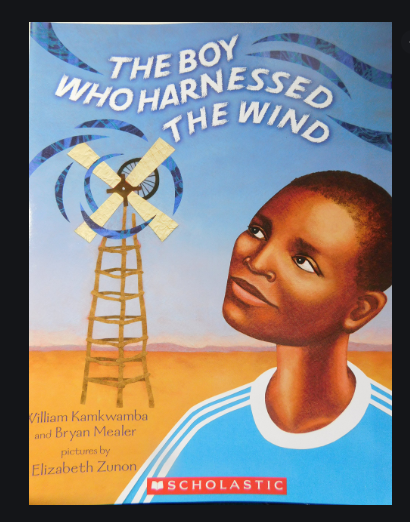Books vs Tablets
 We already know that reading to our kids is critical for their language development, helps them develop early learning skills and, of course, is the perfect time for some extra snuggles with your little ones.
We already know that reading to our kids is critical for their language development, helps them develop early learning skills and, of course, is the perfect time for some extra snuggles with your little ones.
However, while reading to your kid(s) on a tablet is convenient, new studies find that it could be damaging your parent/child relationship.
According to a new study published in the JAMA Pediatrics journal, parents who read to their kids using their tablets have less bonding interactions than parents who read from print copies. The extra screen time while reading could mean you and your kids are missing out.
For the study, researchers examined the interactions between 37 sets of parents and toddlers between the ages of two and three. Parents were asked to read digital texts, print books and interactive digital texts to their kids. What they found was that toddlers were less likely to pay attention when their parents read a digital book, were more likely to interrupt their parents as they read and the toddlers even tried to block their view of the tablets or close the app. Basically, toddlers being toddlers, right?
Researchers noted that parents spent a lot of their reading time trying to contain their wiggly toddler and even block their view of the tablet so they wouldn’t turn off the app. So, between the toddler’s behavior and the parent’s reactions, quality bonding was often missing.
However, with traditional books, parents and their kids had more social reciprocity, which means a give and take conversation and interaction.
“In this study, print books were great for promoting an environment that was rich with reciprocity, but the tablet appeared to create some conflict between parents and toddlers who were both trying to control the tablet,” said lead researcher Dr. Tiffany Munzer.
So why is social reciprocity so important? According to Munzer, it is the basis of many important communication skills. This act of sharing “creates moments of joy and is the foundation for child development. It is how children learn new words, gain emotional competence, and build on their problem-solving abilities,” Munzer said. “Social reciprocity is how relationships are nurtured and is important for our future generation’s development and achievement.”
If you are a fan of reading digital books to your kids, why not try reaching for one of your favorite paper books instead and see how it works for you and your child. If you notice less of a struggle during reading time, there might be a clear winner in the tablet/print book debate.

